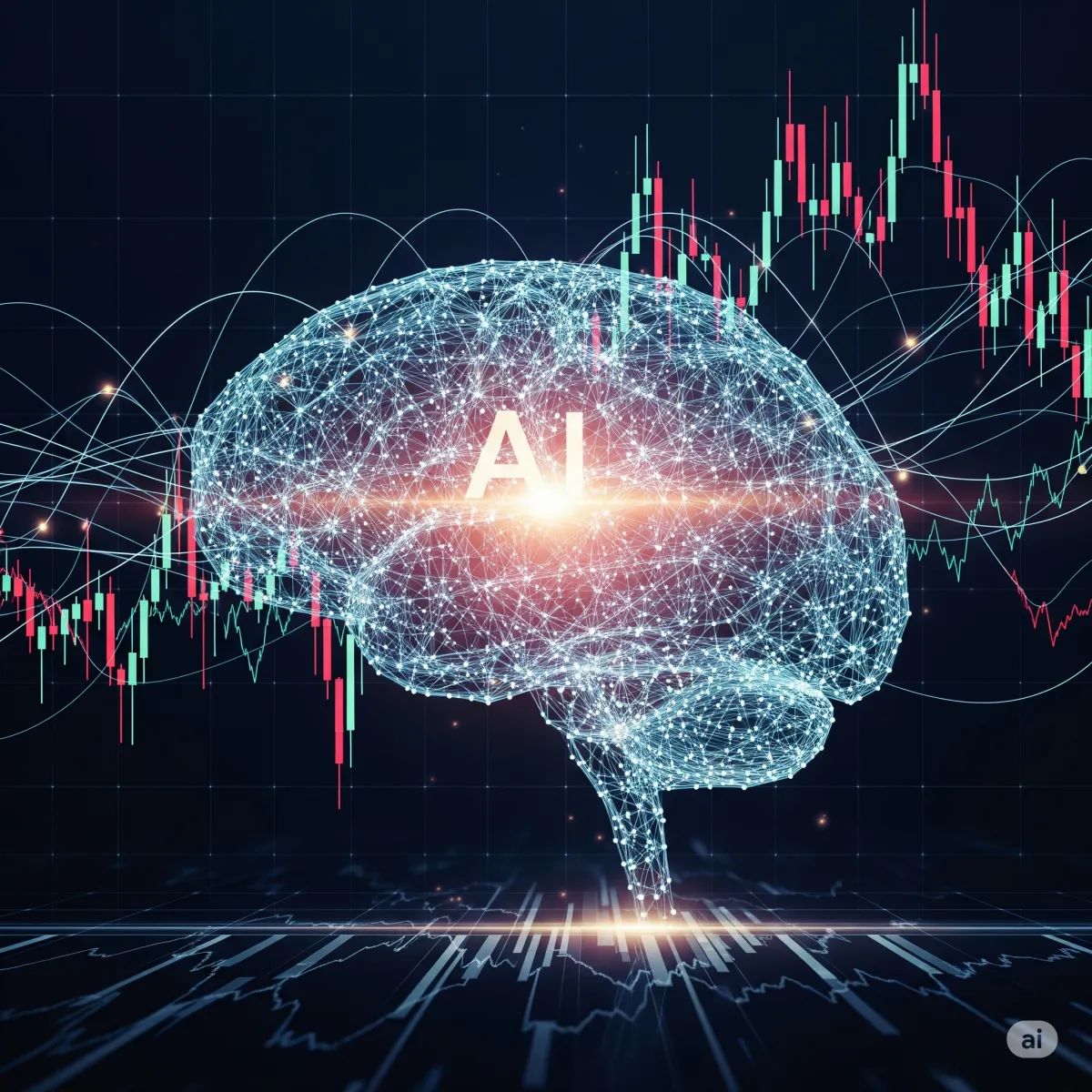
The Creative Co-Pilot: How AI Enhances (Not Replaces) Marketing Creativity

The rise of Artificial Intelligence in marketing has sparked a pervasive fear: will robots replace human creatives? At [Your Agency Name], we unequivocally say no. In 2025, AI isn't the creative director; it's the most powerful creative co-pilot humanity has ever had. It’s not about replacing the spark of human imagination, but about amplifying it, accelerating it, and allowing creative teams to transcend previous limitations. This symbiotic relationship between human ingenuity and AI’s analytical power is unlocking a new golden age of marketing creativity.
Historically, the creative process in marketing agencies has been a blend of brilliant conceptualization, painstaking iteration, and often, significant resource allocation. From brainstorming sessions filled with sticky notes to the meticulous execution of ad copy, visuals, and multimedia, creativity was both exhilarating and time-consuming. Now, Generative AI tools are reshaping this workflow, taking on the heavy lifting of repetitive tasks and opening up vast new avenues for exploration and experimentation.
One of the most immediate benefits of AI as a creative co-pilot is accelerated ideation and concept generation. Imagine a brainstorming session where an AI, fed with client briefs, target audience insights, and performance data, can instantly generate hundreds of headline variations, social media post ideas, or even visual concepts. This isn't about the AI having the "big idea" – that still rests with human strategists and creatives – but about providing a boundless wellspring of starting points, alternative angles, and diverse formats. This eliminates creative blocks, speeds up the initial conceptualization phase, and allows creative teams to explore a wider range of possibilities in a fraction of the time. The human creative then sifts through these AI-generated options, identifying the most promising, refining them, and infusing them with the unique brand voice and emotional resonance that only a human can provide.
Furthermore, AI is a game-changer for content creation at scale. For marketing agencies managing numerous clients and diverse campaigns, the demand for high-quality, engaging content across multiple channels is immense. Generative AI can assist in drafting blog posts, email newsletters, social media captions, website copy, and even scripts for video content. Tools capable of producing hyper-realistic images and even video snippets from text prompts are becoming increasingly sophisticated. This capability allows agencies to maintain a consistent flow of fresh content, test different messaging variations more frequently, and adapt content quickly to real-time market changes without overstretching human resources. The crucial distinction here is that AI generates the draft, but human editors refine it, ensure brand voice consistency, inject personality, and verify factual accuracy and ethical compliance.
Personalization of creative assets is another area where AI truly shines as a co-pilot. In 2025, generic ads fall flat. Consumers expect content that speaks directly to them. AI allows agencies to dynamically personalize creative elements based on individual user data, real-time context, and predictive analytics. This means an ad image, headline, or call to action can be tailored for thousands, even millions, of individual users, optimizing for their unique preferences and maximizing engagement. AI can analyze which creative elements resonate most with specific audience segments, allowing for real-time adjustments and unprecedented levels of relevance. This moves beyond basic A/B testing to multivariate optimization that learns and adapts continuously.
Beyond generation, AI also plays a critical role in creative optimization and performance prediction. AI algorithms can analyze historical campaign data to predict which creative concepts are most likely to perform well with specific audiences. This foresight helps agencies make data-informed creative decisions before significant investment in production and media spend. Post-launch, AI continuously monitors campaign performance, identifying underperforming creative assets and suggesting optimizations – whether it's tweaking a headline, altering an image, or adjusting the call to action – to improve engagement and conversion rates in real-time. This iterative, data-driven creative process ensures that campaigns are not only impactful but also constantly evolving for maximum effectiveness.
However, embracing AI as a creative co-pilot demands a redefinition of roles and a commitment to new skill sets within marketing agencies. Creativity doesn't become obsolete; it becomes more strategic and less manual. Creative professionals need to learn how to effectively prompt AI models, curate AI outputs, and understand the ethical implications of AI-generated content (e.g., deepfakes, copyright, bias). Agencies must invest in training programs that empower their creative teams to master these new tools, transforming them into "AI-augmented creatives." The human element will be paramount for conceptualizing emotionally resonant campaigns, developing brand narratives, ensuring authenticity, and injecting the unique human touch that builds genuine connections with audiences.
The biggest challenge lies in maintaining authenticity and originality. While AI can produce technically perfect content, it often lacks the nuanced understanding of human emotion, cultural context, and true originality that defines truly breakthrough creative. Agencies must guard against the "vanilla" effect of purely AI-generated content, ensuring that human oversight infuses every piece with genuine voice, personality, and strategic intent. The future of creative excellence in marketing lies in the masterful fusion of AI's efficiency and analytical power with the irreplaceable empathy, intuition, and innovative spirit of human creatives.
In conclusion, AI is not a threat to marketing creativity but its most exciting evolution. By serving as a powerful creative co-pilot, AI empowers marketing agencies to ideate faster, create at scale, personalize with precision, and optimize performance continuously. Agencies that skillfully integrate AI into their creative workflows, while nurturing and elevating their human talent, will be the ones that deliver the most innovative, impactful, and memorable campaigns in 2025 and beyond.